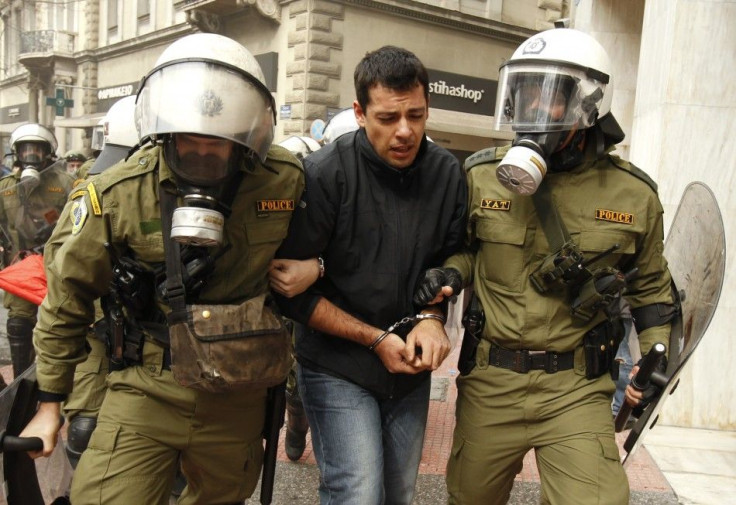Greece in grip of nationwide strike; clashes reported in Athens

Violence has broken out in Greece as a nationwide general strike against the government’s austerity programs and budget cuts has led to clashes between stone-throwing protesters and police firing tear-gas.
At least 30,000 demonstrators rallied near the parliament building in Athens.
The 24-hour strike has shut down public transport, some air travel, and has closed many courts, schools, shops and hospitals.
The strike was called by the country's biggest umbrella trade union, the General Confederation of Employees of Greece, and by Adedy, the biggest public sector union. These two unions represent more than 1-million Greeks.
Other smaller unions are also participating in the strike.
The strike represents Greece’s first such major industrial action this year, as the populace reels under a draconian budget required under the terms of the huge 110-billion euro bailout the country received from the European Union (EU) and International Monetary Fund (IMF).
Workers today are living through the most barbaric attack at the expense of their rights and their lives, ADEDY said in a statement. We have a collective and personal responsibility to ourselves and to our children to succeed in our struggle.
The government of Prime Minister George Papandreou is slashing spending and hiking taxes to reduce Greece massive debt burden. The government’s budget deficit soared to an all-time high of 15.6 percent of GDP in 2009.
Meanwhile, Greece’s economic climate is getting even worse.
Greek GDP shrunk by 4.5 percent last year (worse than expected), while unemployment has climbed to 13.9 percent. Joblessness among Greek youth is now almost 36 percent.
The ESEE, the Greek retailers association, estimates that 120,000 small businesses will go bankrupt this year.
The austerity measures are beginning to affect all of society even more now. The economic situation is becoming very difficult for both Greek businesses and for workers, Anthony Livanios, an independent political economist and commentator, was quoted as saying.
Even so, the government appears determined to continue with its policies.
© Copyright IBTimes 2024. All rights reserved.











